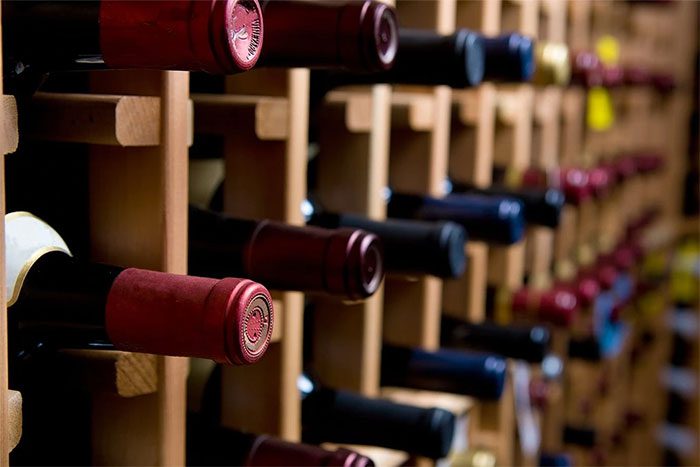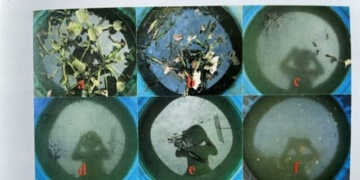This could be a breakthrough prospect, especially considering the serious health issues associated with alcohol consumption.
Scientists at GABA Lab, a laboratory based in London, are researching a synthetic alcohol called Alcarelle.

Alcarelle synthetic alcohol acts like alcohol but does not cause negative reactions. (Image: Getty).
The product of this research could provide a beverage that offers a relaxing effect similar to alcohol, but without the nausea, loss of balance, or any other negative side effects.
It is known that we feel intoxicated mainly due to gamma-aminobutyric acid (GABA), which acts as a neurotransmitter that inhibits certain signals in the brain.
Its positive effect helps drinkers feel relaxed and comfortable. However, the negative side effects cause us to experience nausea, difficulty moving, issues with speaking and thinking…
We refer to this as intoxication – or the phenomenon where individuals who consume alcoholic beverages feel lightheaded, suffer from headaches, dizziness, lose control of their behavior, and may even vomit.
Given this reality, the synthetic alcohol Alcarelle is being researched to provide all the positive effects of alcohol without causing intoxication or adverse effects on the body after consumption.

The emergence of non-intoxicating alcohol could change the game for the global alcohol industry. (Image: Getty).
This alcohol is essentially an odorless, tasteless substance that can be added to other beverages to provide effects without the negative side effects.
“It will be like a glass of wine, helping you relax, engage in more conversation, and bond people better,” said Dr. David Nutt, the project lead.
The scientist considers this a groundbreaking prospect, especially in light of the serious health issues associated with alcohol consumption.
“Imagine if people could drink alcohol without getting drunk, harming their liver, heart, or brain…” Dr. Nutt shared. “That would save millions of lives.”
However, a significant obstacle for Alcarelle is that it is not a natural product, like traditional alcohol. This presents challenges for the production and consumption of the product, while traditional alcohol has existed for millennia.
Additionally, Dr. Nutt noted that although the project has been in development for quite some time, the regulatory approval process is progressing very slowly. Scientists at GABA Lab hope the product will be launched on the market by 2026.


















































